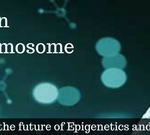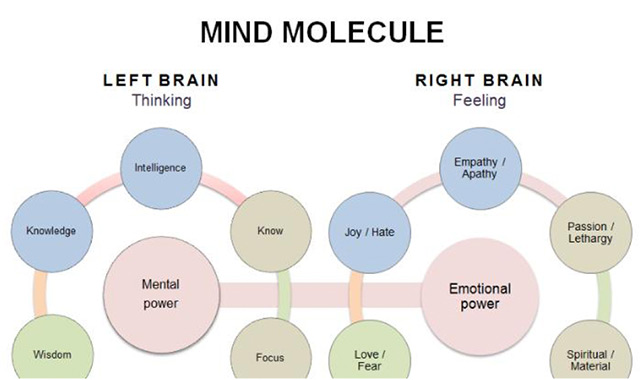Engagement Begins in the Mind
When interacting with a consumer regarding health care, it is important to remember that health is personal and consumer’s emotions will be a major influence their decision-making around health engagement. Engagement starts on an emotional level as the consumer learns and seeks to validate value of a health program. The mind moves from thought to action as the consumer tests to see if the health program is worthy enough to be adopted into their lifestyle. Often we see health programs pushed to consumers only to observe that their use decays quickly. Enthusiasm wanes even though continuing its use is the right thing to do. It is possible that engagement may be adopted and sustained as the emotional and analytic sides of a consumer’s mind agree to justify the action for engagement with each side of the mind validating the other.
Consumer Engagement Stages
Four stages occur in the path to engagement. It starts with an awareness of a health condition or situation. At this stage, curiosity is stimulated by the emotional side of the mind. We then begin to analyze information with the analytic side of our mind and then include the emotional side of the mind as we test to see if it will work for us. When both sides of the mind are in agreement, we usually take action. At this point, it becomes a matter of prioritization in the mind’s queue for which actions are taken.
Engagement Stage > What happens in this stage
Awareness > What is it? Does it affect me? Research > How does it affect me? What are ways to fix it? Embrace > Does this fix or solution work for me? Adoption > Should I do it? Understanding the consumer is paramount to any planned interaction. Building experiences around consumer understanding with enable a business to communicate in a relevant, consistent manner. Engagement programs can then be created that target a consumer’s needs and personality for adoption and sustained use.
Partners in Health Care
Consumer centricity in healthcare requires useful interactions with the major players in the health industry. Key players include Payers, Providers, and Pharma, or the health triad. There are more partnering opportunities to support better health for consumers beyond the health triad. I am seeing new players enter the health market and making significant improvement in consumer’s health. One such business is the supermarket. Supermarkets are employing Registered Dietitians, RDs, in their stores to help consumers make healthy choices. RD’s are also involved with local education, YMCA, elder care with VNAs, and the local library, and provide an array of services to people, families, and kids. The health triad would do well to coordinate their consumer interactions and partner with businesses providing local health services that are already embedded in the community such as supermarkets. Health is personal and engagement has a larger effect when localization is considered.
Culture and Trust
Businesses in health care would benefit from working together to build internal trust among them. Instead of thinking of the consumer with ownership in mind, it would be far better to share information and offer programs to consumer with the consumer’s health in mind. To do this, companies need to shift their business model to B2C and nurture an internal culture to support the consumer. Without the proper culture and B2C mindset, a business will probably witness disconnects in their journey mappings, product offerings, and in their communications to the consumers.
Consumer Centric Points
Ten points should be considered for the maximizing the value for the consumer.
-
- Realize that consumers are in control
- Create a company culture and values that focus on the consumer
- Understand the consumer and what motivates them
- Build relationships and trust for stickiness/loyalty
- Provide coordinated services across business
- Generate consistent experiences across preferred delivery channels
- Offer usable tools and content/information to consumers
- Deliver relevant communications and interactions
- Partner, do not collide with other health services and their offerings
- To be truly engaged with a consumer’s health, you must interact with them in such as way that it affects and supports their lifestyle.
To explain more of these concepts, I published a book in January 2015 titled, Commercializing Consumer Engagement. It dives deeper into consumer behaviors, methodologies, and approaches to engagement for better health.
By: Robert Yurkovic
Shane White
Director – Healthcare
FC Business Intelligence
Telephone: 201.204.1691
Email: swhite@fc-bi.com

























